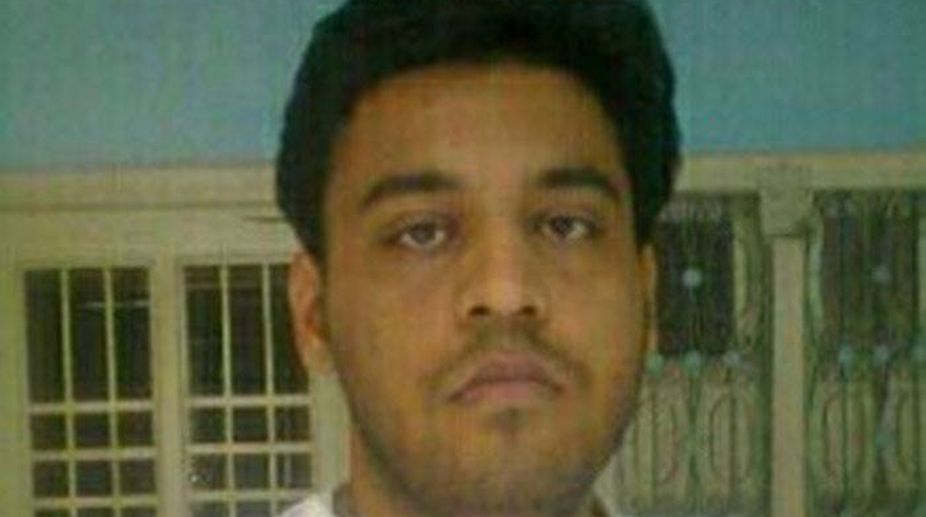A court on Tuesday rejected the CBI’s plea seeking consent for lie detection test of nine students in connection with the missing Jawaharlal Nehru University (JNU) student Najeeb Ahmed.
Ahmed, 27, an M.Sc First Year student, went missing on October 15 last year after an alleged fight with the members of the RSS-affiliated Akhil Bharatiya Vidyarthi Parishad (ABVP). The student body has denied any involvement.
Advertisement
Additional Chief Metropolitan Magistrate Samar Vishal observed that the students’ reply clearly reflects that they were opposing the application of polygraph test as they were not willing to go for lie detection test.
“Since a polygraph test cannot be done without the consent of the person whose polygraph test has to be done, this application, therefore, cannot be allowed at this stage,” the court said.
The court was hearing the Central Bureau of Investigation’s (CBI) plea for recording consent of the accused of a polygraph test in connection with Ahmed’s disappearance.
Student counsel Vishwa Bhushan Arya and Ujjawal Kumar told the court that as per the National Human Rights Commission (NHRC), the lie-detector test is not authorised by law and must be regarded as illegal unless it is voluntarily accepted.
The court pointed out NHRC guidelines which suggest that the test is the prerogative of the individual, not an empowerment of police.
The council has requested the court to dismiss the plea terming it as premature and not maintainable and said that summoning the students to record their consent or refusal is nothing but a coercive exercise.
The court directed the CBI not to call the students in future to seek their consent to undergo lie detection test.
It, however, granted liberty to students to opt to volunteer for the polygraph test whenever they feel convenient and directed the CBI to conduct the test following all safeguards under the NHRC guidelines.











